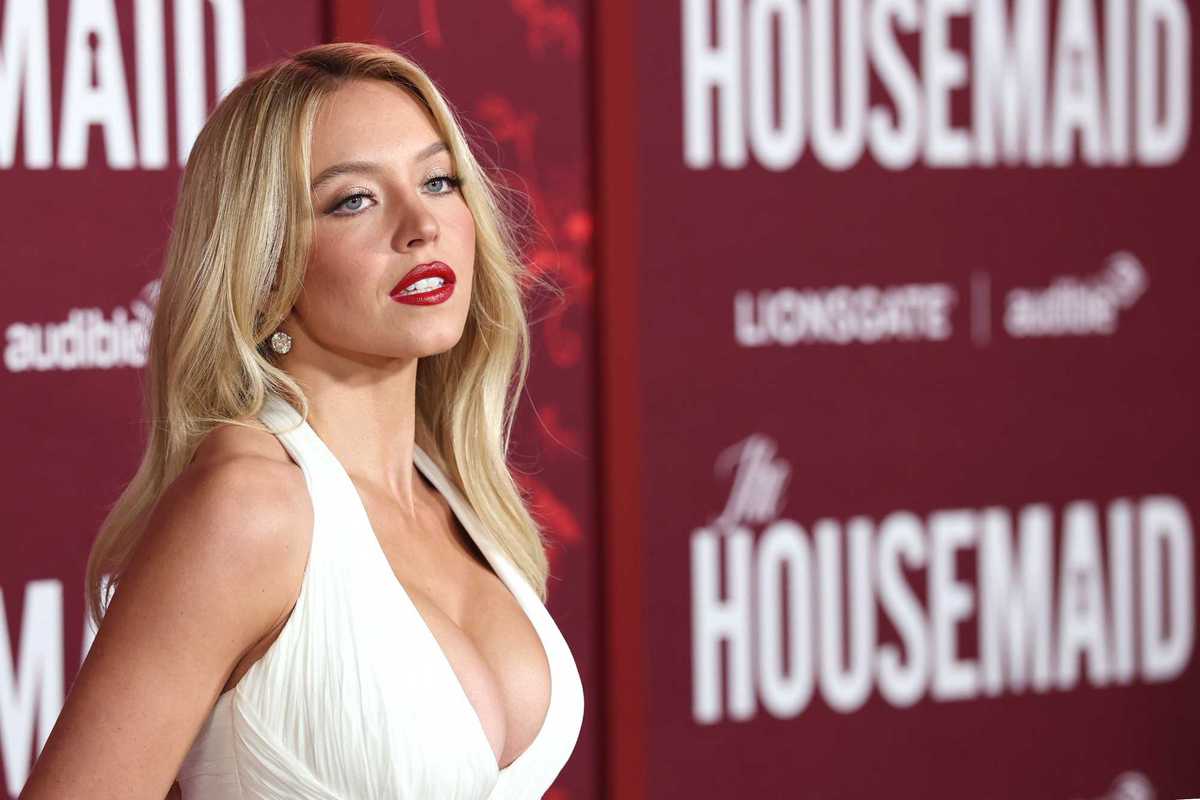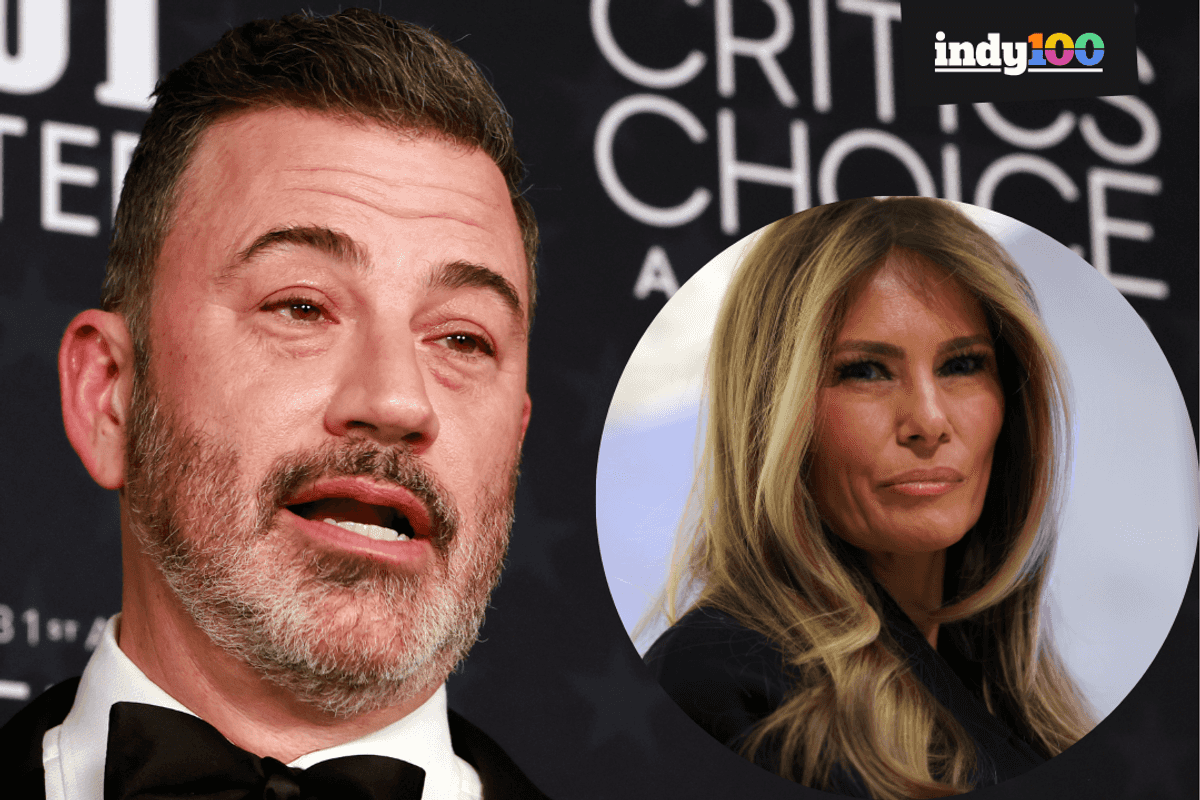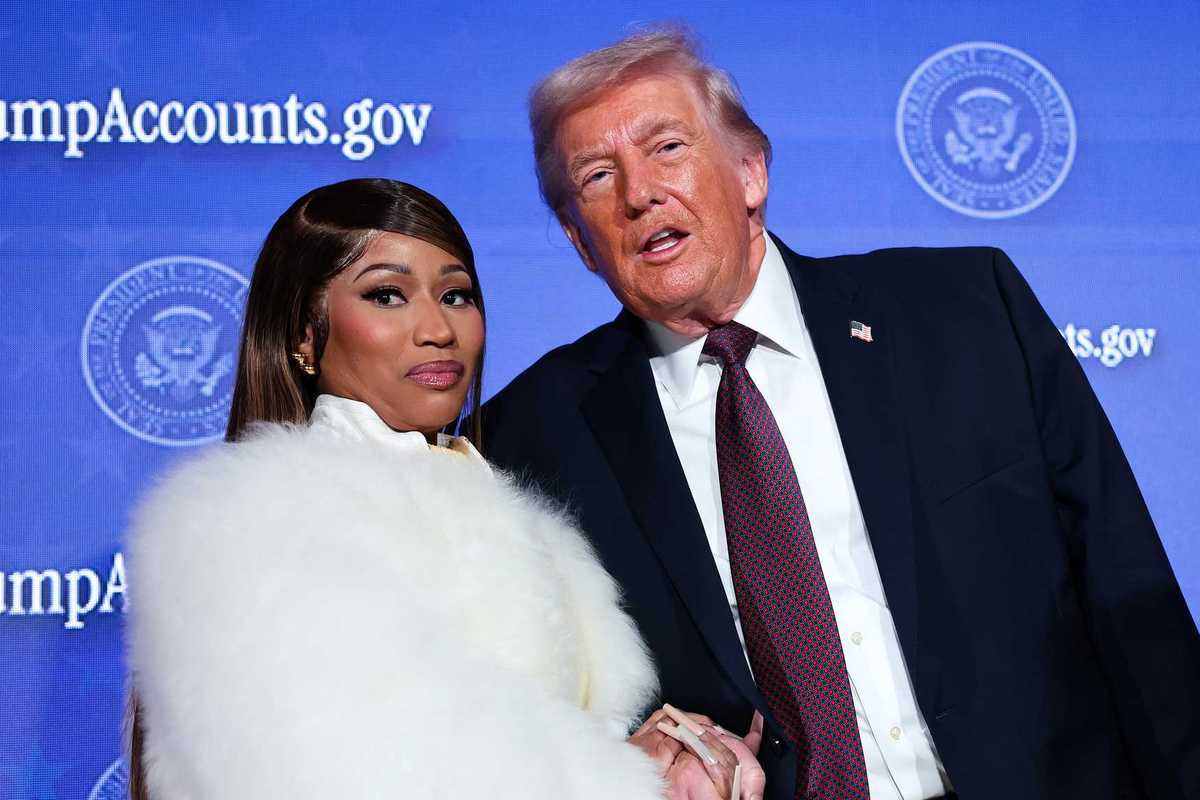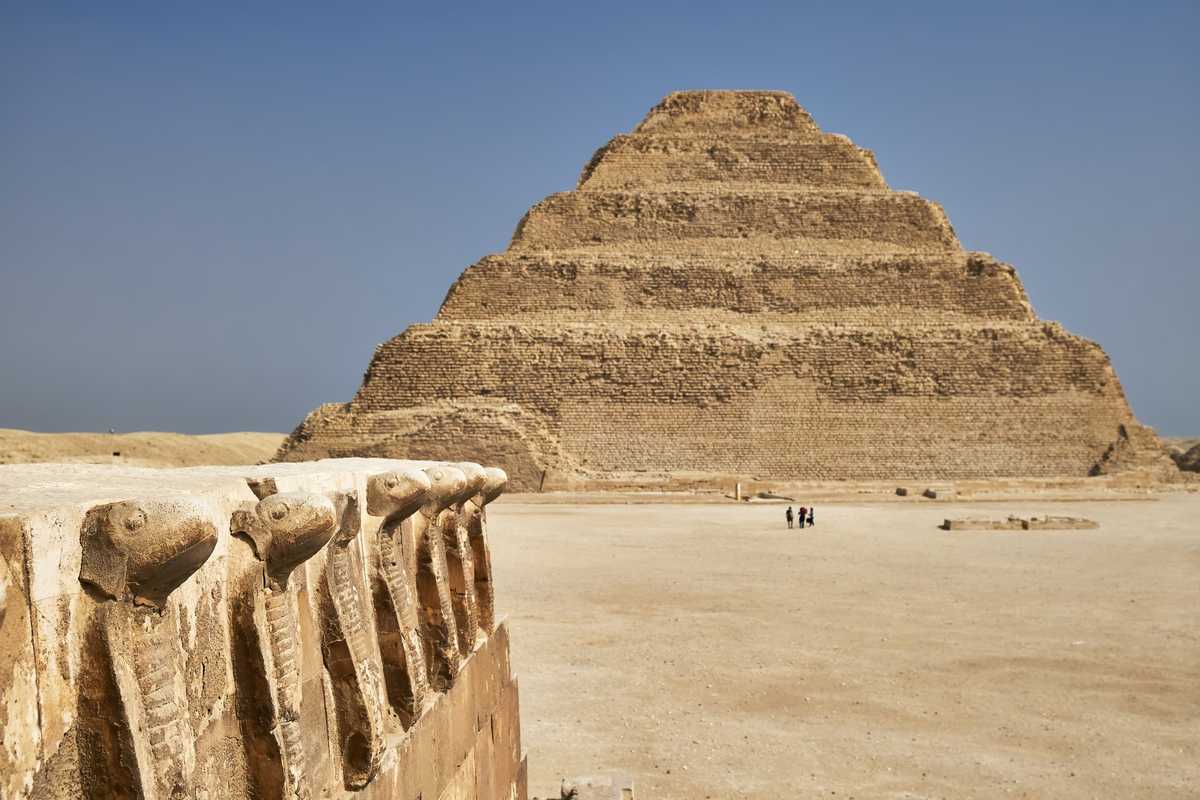The BBC is embroiled in another scandal after it was forced to apologise for making a false claim about Nigel Farage's finances.
Farage had initially complained he was kicked out of a bank for political reasons but the BBC named the bank as Coutts and claimed he couldn't be a customer because he didn't have enough money.
Sign up to our free Indy100 weekly newsletter
They apologised after Farage found proof his finances had nothing to do with the matter and it was all very awkward indeed.
But this is not the first time the BBC has been forced to issue a mea culpa this year.
Below, we explore this, and the other scandals that have rocked the broadcaster this year.
1. Gary Lineker
Perhaps the most memorable BBC kerfuffle this year was when football pundit Gary Lineker was pulled from Match of the Day in March after he tweeted about the government's migration policies.
Lineker had compared the language that the Tories used to language that was common during 1930s Germany. The criticism created headlines for weeks with a number of cabinet ministers including home secretary Suella Braverman calling them offensive.
After the BBC pulled him in response to concerns about bias, it sparked a huge act of solidarity amongst BBC Sport staff which saw all sports coverage for that weekend cancelled as they refused to go on air.
The situation was eventually resolved with the BBC allowing Lineker to return to television, with Lineker writing that it had been a "surreal few days" but he and the broadcaster had "navigated a way for him to return."
2. Boris Johnson
Barely a month went by and the BBC faced another scandal In April, BBC chairman Richard Sharp announced he would resign over links to a loan to former PM Boris Johnson.
Sharp, a friend of Johnson's who has previously donated money to the Tories, was recommended to the job by Johnson himself.
At the time, Sharp failed to disclose how he'd helped arrange a meeting for another friend – a distant cousin of Johnson's – to offer a $1 million loan to the prime minister.
It all seemed a bit iffy in terms of conflicts of interest and a government investigation concluded just that, saying Sharp has broken the rules.
"There is a risk of a perception that Mr. Sharp was recommended for appointment because he assisted... the former prime minister in a private financial matter," the report said.
3. Huw Edwards
Earlier this month, Huw Edwards was named by his wife as the presenter accused by The Sun of paying a young person who was then 17 for sexually explicit images.
In the days that followed, BBC News reported that a person in their early 20s – who isn’t connected to the person in The Sun’s initial report – allegedly received threatening messages from the presenter.
While it seemed like a huge story initially, the Metropolitan Police said no criminal offence had been committed by the presenter and the young person at the centre of the story said the claims were not true.
The BBC also admitted that they didn't inform the star of the original allegations made against him until seven weeks after the young person's mother lodged her first complaint.
The corporation said in a statement: “As a result of this meeting, the BBC has been asked to pause its investigations into the allegations while the police scope future work.”
It added: “The BBC has processes and protocols for receiving information and managing complaints when they are first made. We always take these matters extremely seriously and seek to manage them with the appropriate duty of care.
“The events of recent days have shown how complex and challenging these kinds of cases can be and how vital it is that they are handled with the utmost diligence and care. There will, of course, be lessons to be learned following this exercise."
The BBC also responded publicly to complaints it received that it got the balance wrong by giving the story too much coverage.
It said: “We believe our coverage of this story was proportionate, reflecting the significance of the issues raised. However, we realise not everyone will agree with the stories we cover and the prominence we give them.”
4. Moroccan football team
This week, the BBC apologised after a reporter asked the captain of the women's football team in Morocco, Ghizlane Chebbak, to out members of her team.
This is in a country, by the way, where sexual acts between members of the same sex are punishable with up to three years in prison.
“In Morocco it’s illegal to have a gay relationship. Do you have any gay players in your squad, and what’s life like for them in Morocco?” the BBC reporter asked.
On Tuesday, a BBC spokesperson said: “We recognise that the question was inappropriate. We had no intention to cause any harm or distress.”
5. Nigel Farage
That brings us to the present where Farage has got the last laugh after his banking chaos.
On Monday, the BBC said on its Corrections and Clarifications website: "We acknowledge that the information we reported - that Coutts' decision on Mr Farage's account did not involve considerations about his political views - turned out not to be accurate and have apologised to Mr Farage."
Simon Jack, the reporter responsible for the story tweeted:
In response, Farage said "It's not often that the BBC apologise. But for the BBC to apologise, I'm very, very pleased."
Have your say in our news democracy. Click the upvote icon at the top of the page to help raise this article through the indy100 rankings.














